Filter by
SubjectRequired
LanguageRequired
The language used throughout the course, in both instruction and assessments.
Learning ProductRequired
LevelRequired
DurationRequired
SkillsRequired
SubtitlesRequired
EducatorRequired
Explore the Bioelectricity Course Catalog

University of Florida
Skills you'll gain: Medical Equipment and Technology, Healthcare Ethics, Health Technology, Internet Of Things, Patient Safety, Healthcare Industry Knowledge, Telehealth, Vulnerability, Medical Privacy, Legal Risk, Health Care, Data Ethics, Regulatory Compliance, Law, Regulation, and Compliance, Health Informatics, Threat Modeling, Vulnerability Assessments, Security Awareness, Cybersecurity, Security Controls
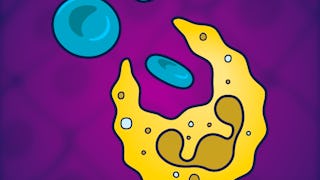 Status: Free Trial
Status: Free TrialImperial College London
Skills you'll gain: Chronic Diseases, Pulmonology, Medical Science and Research, Pathology, Pharmacology, Clinical Research, Molecular Biology
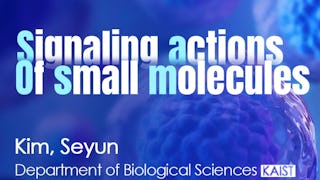
Korea Advanced Institute of Science and Technology(KAIST)
Skills you'll gain: Biochemistry, Pharmacology, Molecular Biology, Life Sciences, Blood Pressure, Medical Science and Research, Biology, Microbiology, Oncology
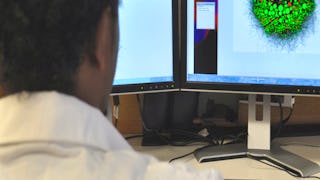 Status: Free Trial
Status: Free TrialIcahn School of Medicine at Mount Sinai
Skills you'll gain: Data Synthesis, Network Analysis, Biology, Data Integration, Statistical Analysis, Biochemistry, Life Sciences, Bioinformatics, Laboratory Experience, Systems Integration, Molecular Biology, Systems Analysis, Research, Simulation and Simulation Software, Mathematical Modeling
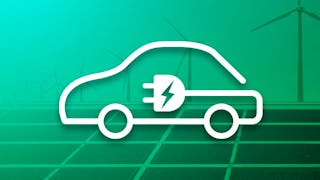 Status: New
Status: NewSkills you'll gain: Electrical Systems, Model Based Systems Engineering, Electrical Engineering, Power Electronics, Electric Power Systems, Simulation and Simulation Software, Simulations, Mathematical Modeling, Engineering Analysis, Energy and Utilities, Matlab, Environmental Engineering
 Status: Free Trial
Status: Free TrialKorea Advanced Institute of Science and Technology(KAIST)
Skills you'll gain: Electrical Engineering, Electronic Components, Basic Electrical Systems, Engineering Analysis, Applied Mathematics, Scientific Visualization, Engineering Calculations, Differential Equations, Advanced Mathematics, Physics, Mathematical Modeling, Calculus

Eindhoven University of Technology
Skills you'll gain: Systems Of Measurement, Human Factors, Psychology, Human Learning, Vital Signs, Laboratory Equipment, Neurology, Physics, Biology, Research, Experimentation
 Status: Free Trial
Status: Free TrialKorea Advanced Institute of Science and Technology(KAIST)
Skills you'll gain: Electrical Engineering, Physics, Electrical Systems, Applied Mathematics, Electronic Systems, Mechanics, Energy and Utilities, Engineering Analysis, Differential Equations, Mathematical Modeling, Calculus
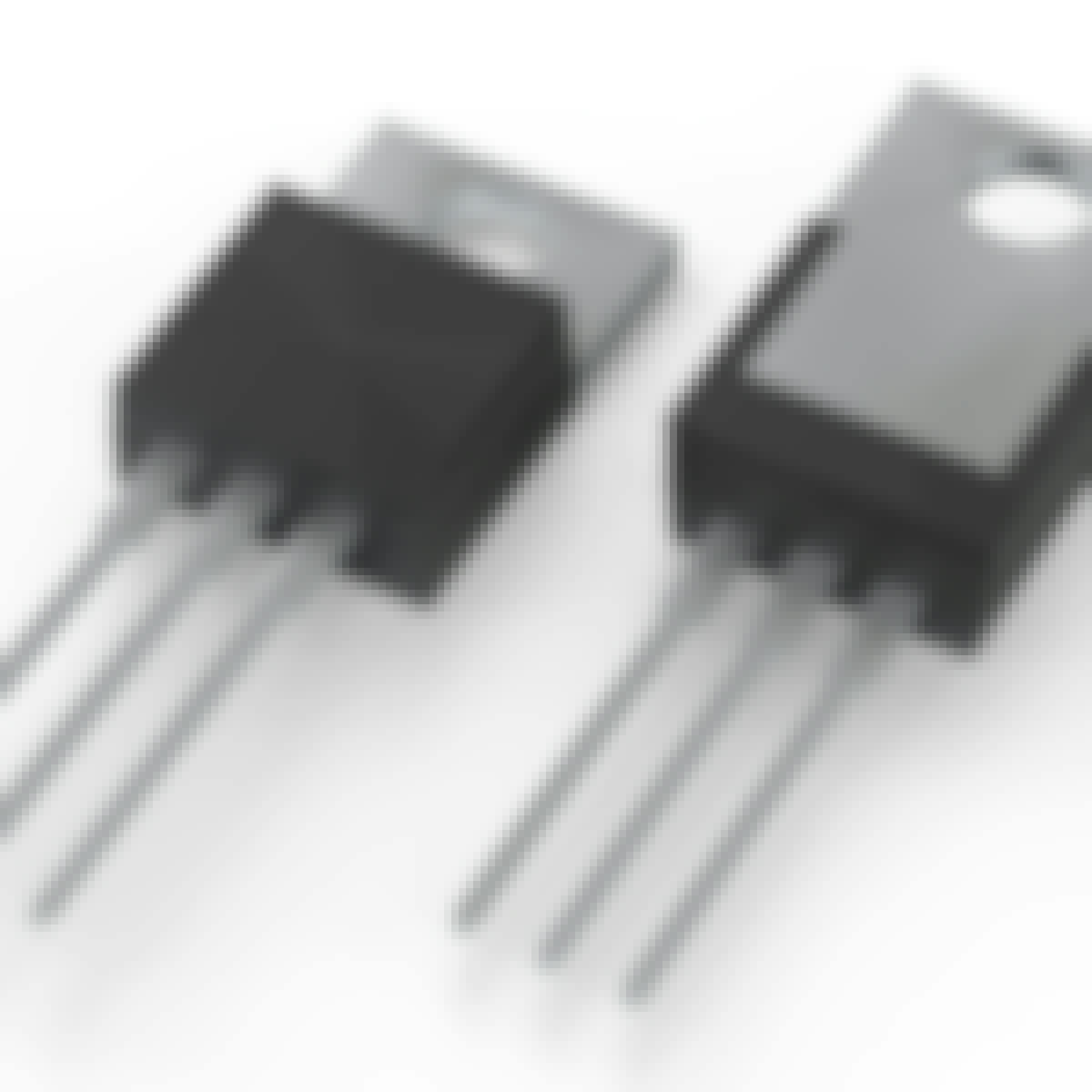 Status: Free Trial
Status: Free TrialArizona State University
Skills you'll gain: Semiconductors, Electronic Components, Laboratory Research, Electrical Engineering, Electronics, Data Analysis Software, Product Testing
 Status: Free Trial
Status: Free TrialArizona State University
Skills you'll gain: Kinesiology, Human Factors, Human Factors Engineering, Physical Therapy, Mechanics, Product Design, Anatomy, User Feedback, Rehabilitation
 Status: Free Trial
Status: Free TrialUniversity of California, Davis
Skills you'll gain: Human Factors, Anatomy, Laboratory Experience, Biology, Neurology, Experimentation, Patient Evaluation, Chemistry

Sungkyunkwan University
Skills you'll gain: Energy and Utilities, Engineering, Mechanical Engineering, Electrical Power, Thermal Management, Physics, Power Electronics, Semiconductors, Electrical Engineering, Electronics, Chemical and Biomedical Engineering
In summary, here are 10 of our most popular bioelectricity courses
- TECH MeD: Transdisciplinary Education for Critical Hacks of Medical Devices: University of Florida
- Immunology: Autoimmunity, Allergy, and Transplants: Imperial College London
- Signaling actions of small molecules: Korea Advanced Institute of Science and Technology(KAIST)
- Systems Biology and Biotechnology Capstone: Icahn School of Medicine at Mount Sinai
- Powering the Future with Electrification: MathWorks
- Electrodynamics: Analysis of Electric Fields: Korea Advanced Institute of Science and Technology(KAIST)
- Lightcap 2: Basics of light and its effects on humans: Eindhoven University of Technology
- Electrodynamics: Electric and Magnetic Fields: Korea Advanced Institute of Science and Technology(KAIST)
- Electrical Characterization: MOSFETs: Arizona State University
- Anthropometry, Biomechanics, and Motor Skills in User Design: Arizona State University










